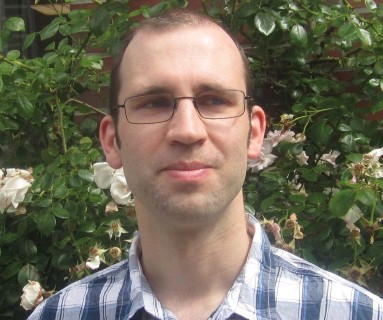The ability to represent knowledge about the world and to draw logical inferences is one of the central components of intelligent behavior, as a consequence, reasoning components of some form are at the heart of many artificial intelligence systems.
Research
The KWARC research group conducts research in knowledge representation and reasoning techniques with a view towards applications in knowledge management. We extend techniques from formal methods so that they can be used in settings where formalization is either infeasible or too costly. We concentrate on developing techniques for marking up the structural semantics in technical documents. This level of markup allows for offering interesting knowledge management services without forcing the author to formalize the document contents.
Approach: Corpus-based Meta-Mathematics
In this title we have three components that warrant explanation:
- Mathematics: we use the mathematical knowledge and mathematical documents as a test tube for our research as the knowledge and document structures are quite explicit and overt and the content of mathematics is well-understood. Anything that has the same properties we consider to be “mathematics” as well.
- Meta: we develop Meta-Artefacts, i.e. we
- design representation languages (logics) that allow to talk about mathematical objects, their properties, and relations,
- invent algorithms that analyze and transform these representations, and
- implement them in end-user systems that utilize both.
- Corpus-based: we do this as a natural science by looking at data (i.e. corpora of documents and formalizations).
KWARC Process
We approach Corpus-Based Meta-Mathematics (iteratively) in three steps:
- Analysis: we analyze the corpora for patterns and structures.
- Synthesis: we design and build meta-artefacts (languages, algorithms, and systems) and derive data sets from the corpora.
- Experimentation: we evaluate the representation languages and algorithms on the corpora and the systems on end users (mathematicians).
 Prof. Dr. Florian Rabe
Prof. Dr. Florian Rabe